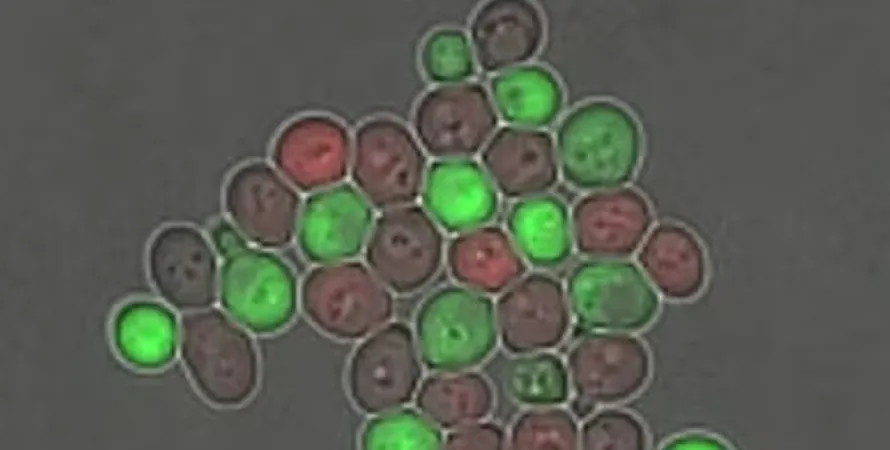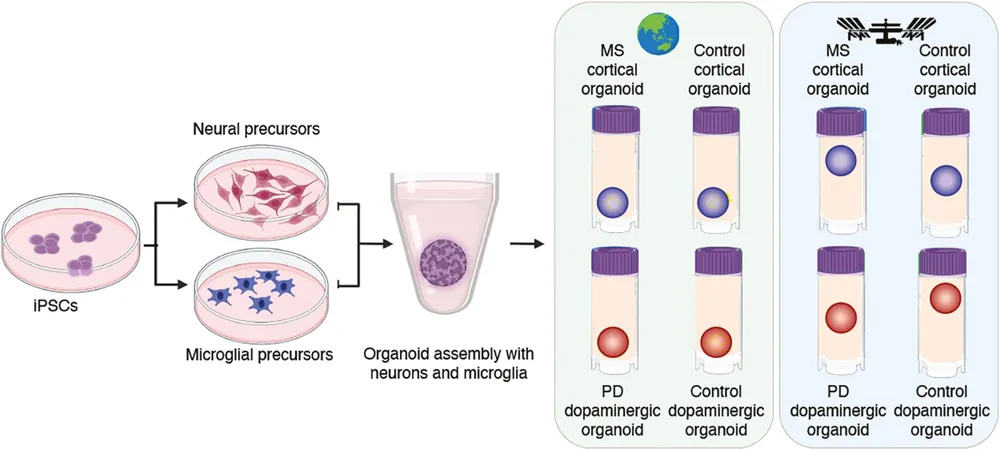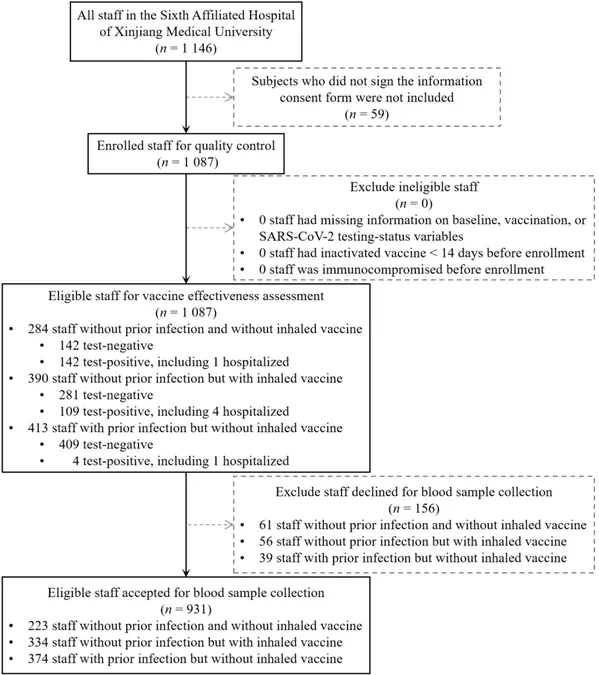
Breakthrough in Personalised Medicine: Smart Yeast Developed by NUS Scientists Could Transform Healthcare
2024-12-17
Author: Wei Ling
Introduction
In a groundbreaking development, researchers from the Yong Loo Lin School of Medicine at the National University of Singapore (NUS Medicine) have successfully engineered a new strain of yeast (Saccharomyces cerevisiae) capable of forming self-regulating microbial communities that can dynamically adapt to environmental changes. This innovative approach could reshape the landscape of personalised healthcare and biotechnological processes.
Advancements in Microbial Biotechnology
This cutting-edge research marks a significant advancement beyond the traditional methodologies in microbial biotechnology, which often rely on single-celled organisms that lack the ability to perform complex, coordinated tasks. The newly engineered yeast cells can switch between specialized forms, allowing them to operate as cooperative ecosystems. These yeast systems are designed to self-regulate, balancing their populations and responding instantly to external signals.
Applications in Precision Medicine
One of the most exciting applications of this smart yeast lies in the realm of precision medicine, where treatments need to adjust to the unique and fluctuating conditions of patients in real-time. Associate Professor Matthew Chang, who heads the Synthetic Biology Translational Research Programme at NUS Medicine, states, “These artificially engineered smart yeast cells could revolutionise how microbial communities are controlled for health purposes. By dividing tasks and autonomously adjusting their balance, these systems reduce stress on individual cells, enhancing their efficiency and reliability.”
Functioning as Microscopic Factories
Functioning as microscopic factories, this smart yeast can produce therapeutic compounds or break down complex materials into simpler, more usable forms. What sets this innovation apart is its ability to react to disease markers—biomolecules that accumulate during illness—enabling it to generate precise amounts of therapeutic agents as necessary. This smart regulation minimizes waste and enhances the efficacy of treatments, ultimately leading to safer and more effective therapies with reduced side effects.
Impact on Gut Health
A/Prof Chang emphasized the potential impact on healthcare applications, particularly in gut health: “These yeast cells can autonomously balance their activity in response to health signals, such as disease markers. This capacity allows for precise therapeutic production without the need for manual intervention, significantly improving treatment outcomes.”
Future Research Directions
Currently, the research team at NUS Medicine is focused on further optimizing the engineered yeast to enhance its ability to adapt to a variety of disease markers. Their next steps involve evaluating the effectiveness of these self-regulating microbial communities in generating health-enhancing compounds tailored for specific ailments.
Broader Implications for Biotechnology
Beyond its implications for personalised medicine, this revolutionary innovation holds significant promise for the biotechnology industry. The engineered yeast systems offer improvements in sustainability, scalability, and precision within biotechnological processes, potentially leading to more efficient production methods for therapeutic compounds and other valuable substances.
Conclusion
In summary, this remarkable research signifies a monumental leap toward developing smarter, more adaptable treatments and technologies, paving the way for significant advancements in both medicine and industrial biotechnology. As the world waits in anticipation, the potential of these smart yeast systems to transform healthcare and therapeutic approaches remains an exciting prospect.







 Brasil (PT)
Brasil (PT)
 Canada (EN)
Canada (EN)
 Chile (ES)
Chile (ES)
 España (ES)
España (ES)
 France (FR)
France (FR)
 Hong Kong (EN)
Hong Kong (EN)
 Italia (IT)
Italia (IT)
 日本 (JA)
日本 (JA)
 Magyarország (HU)
Magyarország (HU)
 Norge (NO)
Norge (NO)
 Polska (PL)
Polska (PL)
 Schweiz (DE)
Schweiz (DE)
 Singapore (EN)
Singapore (EN)
 Sverige (SV)
Sverige (SV)
 Suomi (FI)
Suomi (FI)
 Türkiye (TR)
Türkiye (TR)